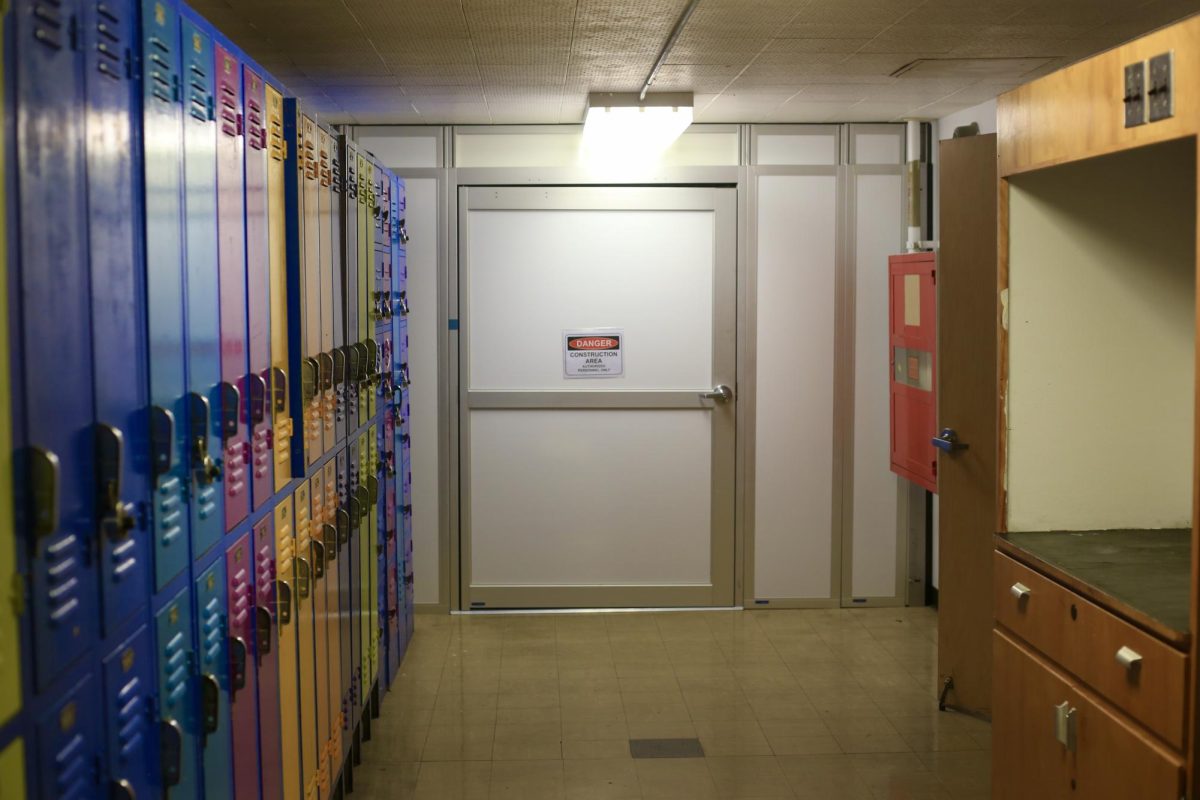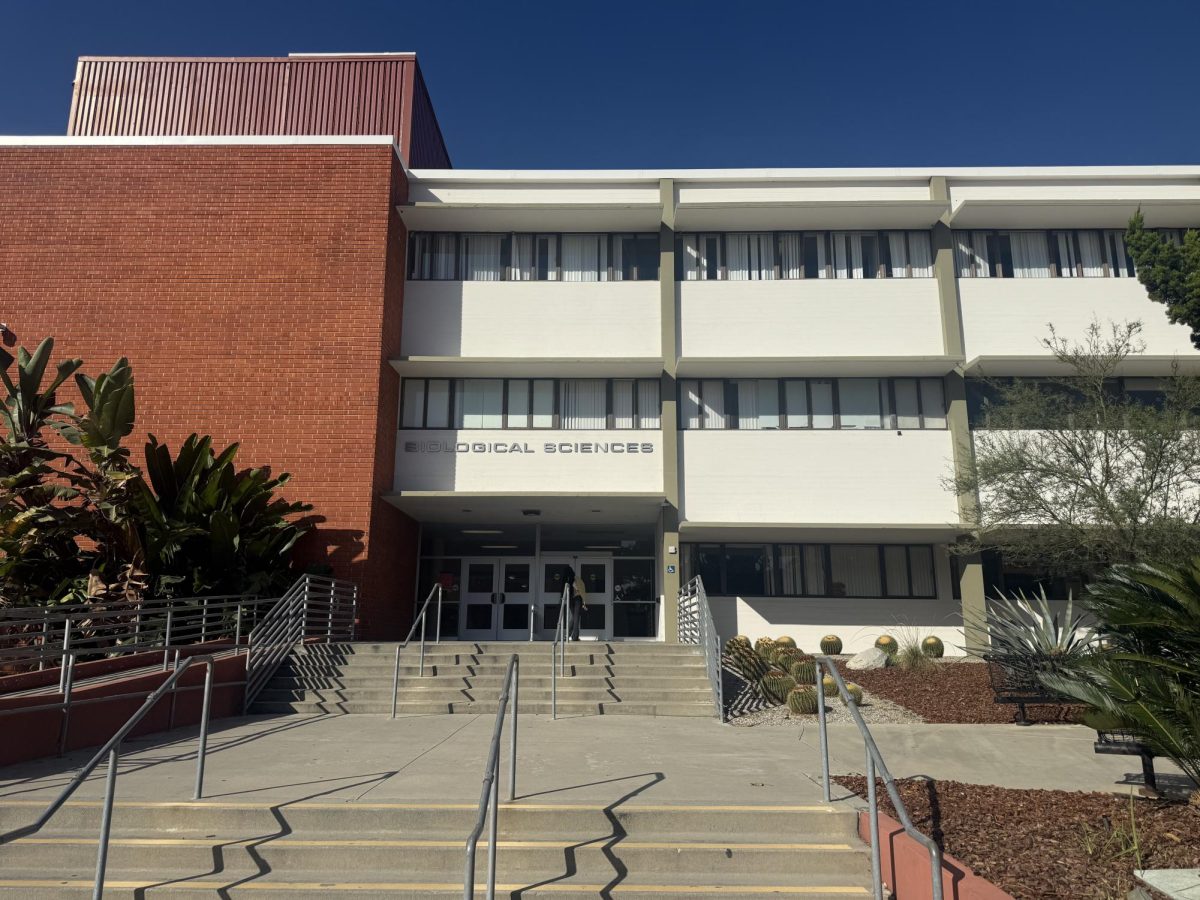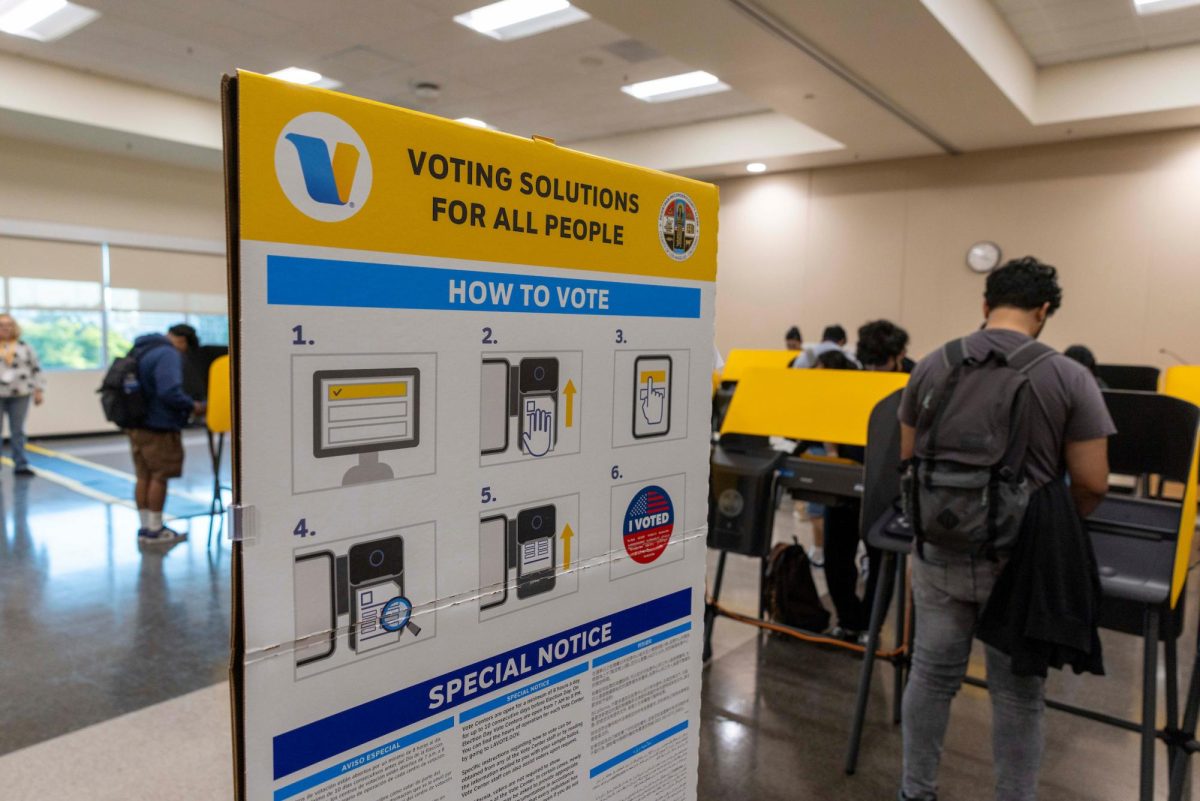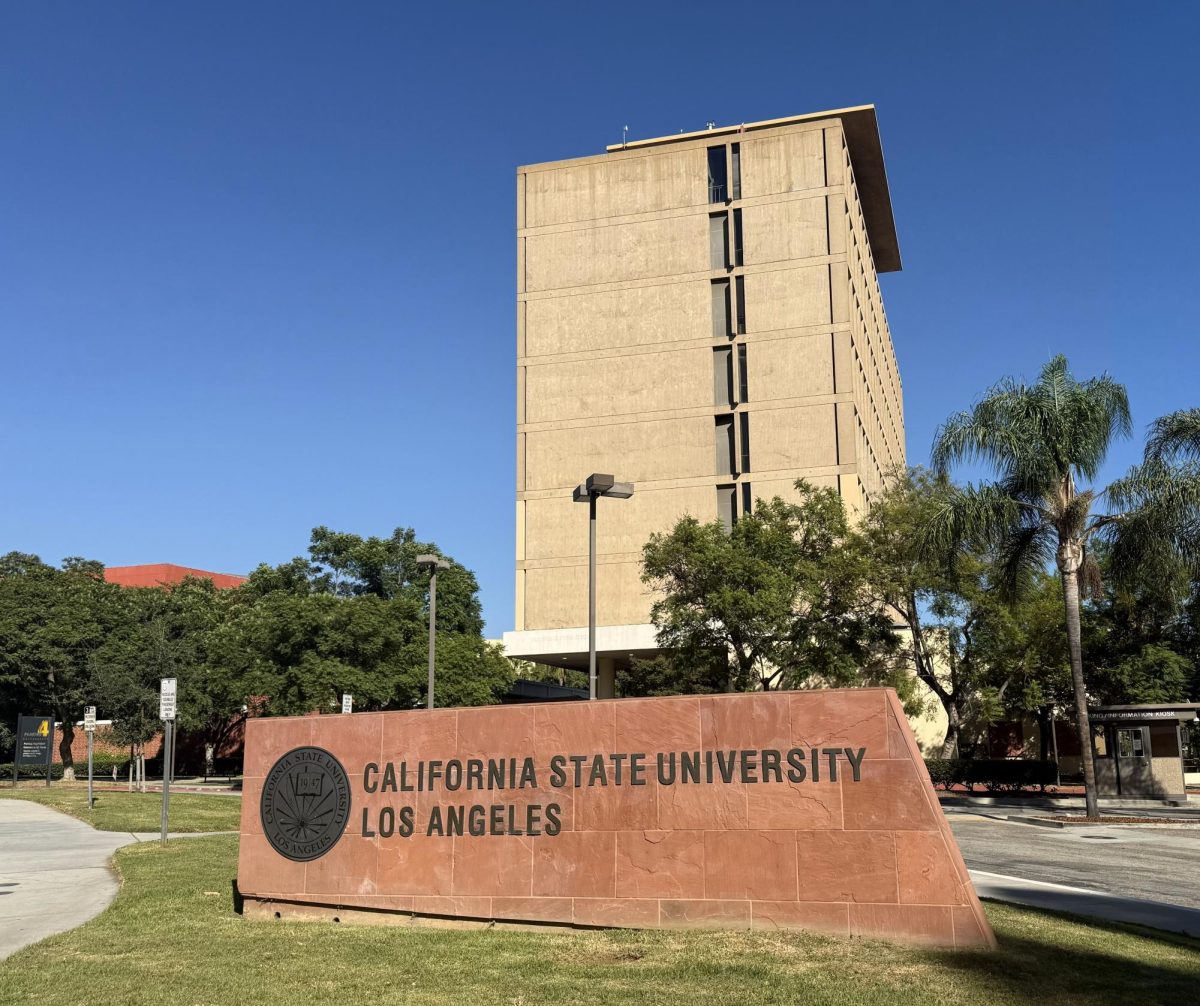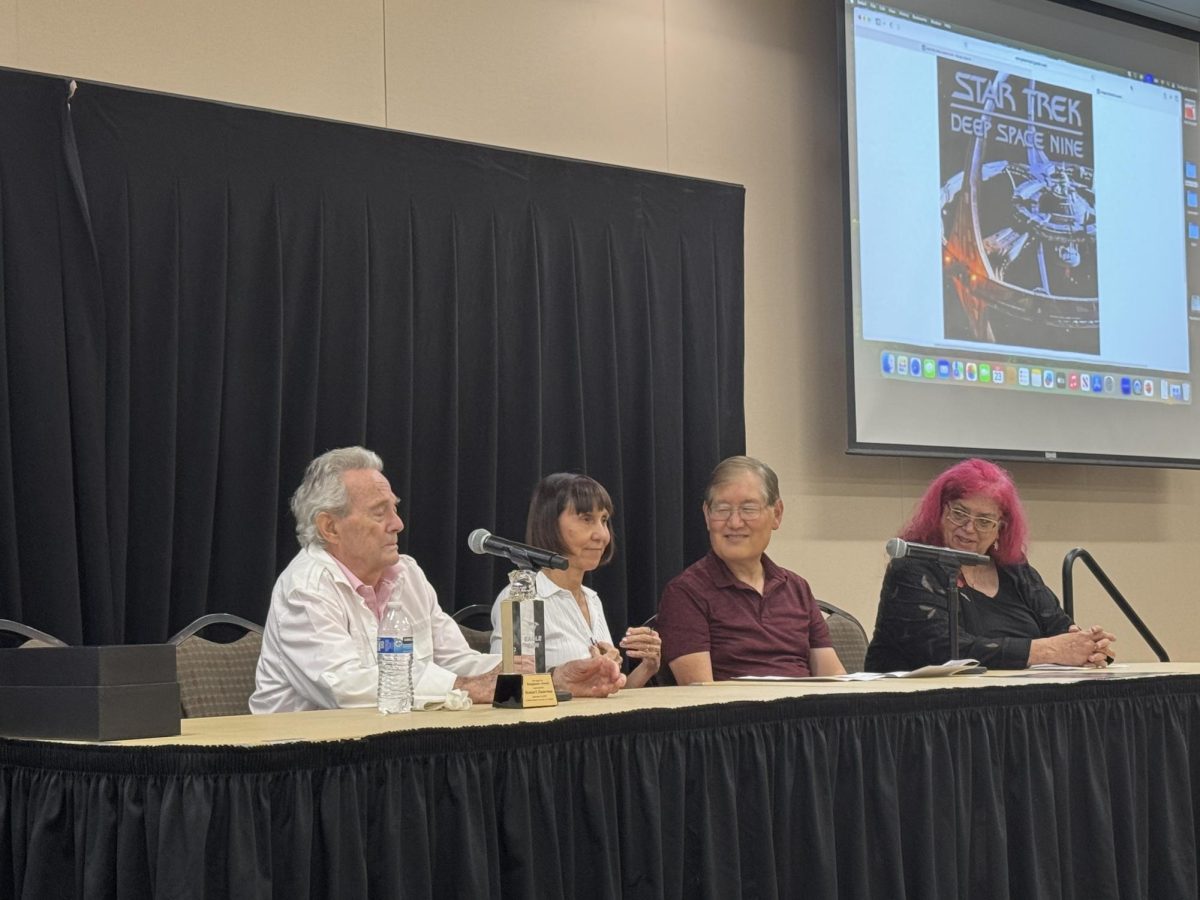Correction made Feb. 23, 2022: A previous version of this story included the percentage of the public safety budget as part of the administration and finance budget instead of the entire university’s budget. That number has been corrected.
On Tuesday, the Associated Students, Incorporated (ASI) resolution on campus police was passed by the Academic Senate to begin its implementation. This makes Cal State LA the first CSU to pass a resolution on reforming campus police, according to ASI president Diana Chavez.
The Resolution On Transparency And Reforming University Police was created by Chavez. She said that she created the proposal as a response to the nation’s recent incidents with police brutality and collaborated with the Pan-African Studies (PAS) department to redefine what campus police should look like.
“Our campus serves mainly students from Black and Brown communities, especially those coming from local areas like East L.A. or South Central, or Southeast L.A.,” said Chavez. “So when it comes to campus police walking around campus, seeing that uniform, for many of us, it’s very traumatizing.”
Campus police declined to provide a comment on the resolution. The Office of Communications and Public Affairs could not be reached despite an email and a phone call.
More than 100 students and faculty attended the Academic Senate on Tuesday to decide whether or not to pass the resolution. Out of fourteen speakers during the discussion of the resolution, all of them included their support and input on why the resolution was a step toward change.
Among those speakers were students and professors that shared personal experiences of campus police using unnecessary violence.
Senator Patrick Krug said that he was once held at gunpoint by campus police for trying to talk to some students who had confused his car for theirs. Another student who spoke up at the meeting and only identified himself as Joseph said that students in housing have experienced police raids in their dorms.
After the speakers were done saying their part, the Academic Senate came to a decision where 76% voted to pass the resolution.
Prior to the passing of the ASI resolution, students and faculty weighed in on what they thought about the resolution.
Cal State LA doctoral student and ASI academic senator Cristian Flores told the UT that he believes the campus police provokes many doubts as to how effective they can be. He added that in the case of an active shooter, he doesn’t trust that campus police would be of any help.
“When the primary efforts of police on campus are to distribute [parking] citations to students who are already struggling financially, it leaves others like myself, wondering if campus police will be readily available during an actual emergency,” said Flores.
Some students like Jhonatan Lopez, a physics major at Cal State LA, disagreed with the resolution and was concerned about his safety on campus if university police are not roaming around.
“Sometimes I stay at school really late when it is dark and empty,” said Lopez. “Having the police around makes me have a sense of protection, especially when you walk all the way to any of the parking lots.”
Chavez, the ASI president, said she felt it was important to highlight how seeing university police armed with lethal weapons can be distressing for some students. With the help of faculty from the PAS department, she determined what additional resources students may need to feel safe, such as the Center of Black Student Success, while the process of reforming campus police begins to roll out.
Anthony Ratcliff, a professor from the PAS department, said he is excited for the university to potentially provide a space for Black students to receive this type of support.
“[About] 3.5 percent of the student body is Black so since the numbers have dropped, students will be in a class where they don’t see any other Black folks,” said Ratcliff. “It’s a situation where they feel isolated, and even though there are different things on campus that are beneficial, they are not accessible unless you know who to talk to.”
Ratcliff is in support of ASI president Chavez’s proposal to allocate funds from campus police and put those resources into services on campus and for the community.
“To have this major police force that gets over $5 million a year in funding that isn’t going to things like EOP [the Educational Opportunity Program] or the Dreamer center. We think that’s a bad use of our money,” said Ratcliff.
According to the 2019-2020 Cal State LA fiscal budget, public safety’s actual expenses were almost $4.9 million, or nearly 1.9% of the university’s total expenses, $262 million.
Chavez added that writing the resolution was quite difficult and required a lot of strategic thinking since her personal stance would be to lean in a progressive direction and eliminate campus police, she considered what the entire student body would want.
“I was looking over at the CSU website’s reasoning behind campus police and they refer to them as ‘peace officers,’” said Chavez. “Peace officers are not armed with an AR-15, if they’re peace officers, they should be armed with non-lethal weapons, whether that’s a taser or a spray.”
The resolution involves redefining the roles of university police and ensuring they stand behind their names as ‘peace officers.’ The proposal calls for campus police to go through new training, such as learning how to communicate and dissolve situations without using any type of firearm or learning how to approach students who are dealing with a mental illness.
Chavez added that she was relieved upon hearing that the resolution was passed by the senate. “I appreciate our faculty that supported this, because they see our students, they hear our students and they understand our students. And that’s all we were asking for,” said Chavez. “This is just such a big thing for all of us.”


